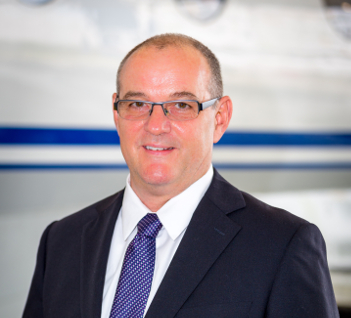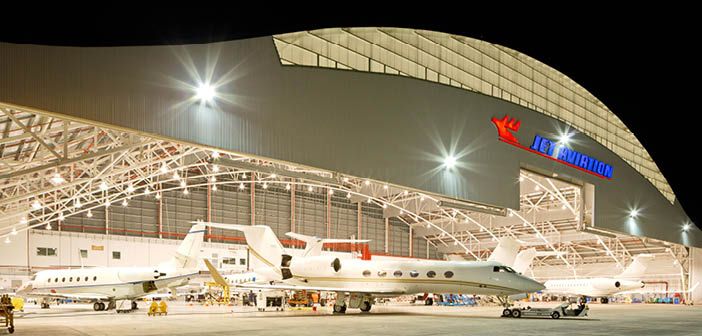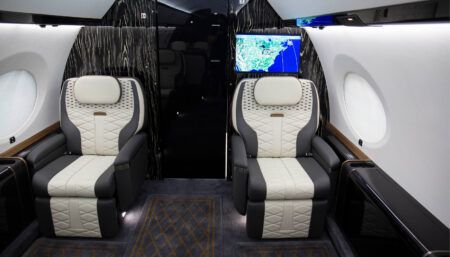John Riggir, vice president and general manager of Jet Aviation Singapore, shares some of the lessons the company has learned in offering refurbishments, modifications and upgrades in Singapore
 What lessons have you learned from setting up in Singapore?
What lessons have you learned from setting up in Singapore?
Jet Aviation is celebrating 20 years in Singapore in 2016 and over this time we have learned that to be successful in Asia, relationships and trust come first. Trust is first earned by establishing your credibility, for example, by delivering quality services as promised; the acceptance and relationship building follows. In light of this emphasis, strategy and intentions must be long-term, with a consistent commitment to quality and improvement, and dealings must always be respectful. Whether you’re doing business in Singapore, China or anywhere else in this region, building solid, long-term relationships comes well before business opportunities can be realized.
What are the legal and practical requirements a non-native company faces when setting up a facility in Singapore?
Singapore is regularly identified as one of the best countries in the world in which to start a business. The legal system allows for 100% foreign ownership and the Singaporean workforce is highly educated and motivated to achieve. The Ministry of Manpower permits international access to the wide range of skill sets required, particularly in our niche industry. This allows us to employ foreign talent where highly specialized skills are in short supply and set in place programs to transfer skills among rising Singaporean talent.
What cultural differences should foreign companies be mindful of?
Foreign companies employing a multicultural workforce should be as mindful and respectful of their employees as they would be to their market and customers. A broad range of ideas, approaches and traditions within a multicultural group needs to be embraced and supported. Company ethos and values should be centered on trust, and when everyone’s differences are understood, respect and support for each other follows.
Can the required craftspeople be recruited from other sectors in Singapore, or is there a need for large investments in training and relocating key staff?
In our interiors workshop, the veneer and detailed coating and polishing processes are highly detailed, as well as mentally and physically demanding. This is a skill set that takes years and years of repetitive practice and dedication to achieve the quality our customers expect. Business jet interior refurbishment services such as ours are reasonably new to Asia, so we currently rely on highly experienced craftspeople from Switzerland and the USA, employed here to ensure we achieve a world-class result. At the same time, this core group of expert craftspeople is sharing its expertise to develop our local team’s skills as we build our business here.
 How much business do you do in Singapore and how many people do you employ?
How much business do you do in Singapore and how many people do you employ?
Our maintenance facility is consistently showing steady growth and the company currently employs close to 140 people. We are processing around 300 maintenance and refurbishment projects annually. Our FBO supports approximately 3,500 aircraft movements a year.
Do you have any predictions for the market?
The market is looking for higher levels of service and refurbishment, modification and upgrade capabilities at closer geographical locations. The business jet fleet is becoming more mature and owners more experienced, so we expect to see continued demand for specialty services and heavier maintenance inspections in the region. Economies in Southeast Asia continue to grow and develop at a strong rate. Business jet demand is evident, with more of a focus on long-range, large-cabin aircraft. Low-time used aircraft are also highly sought after.





